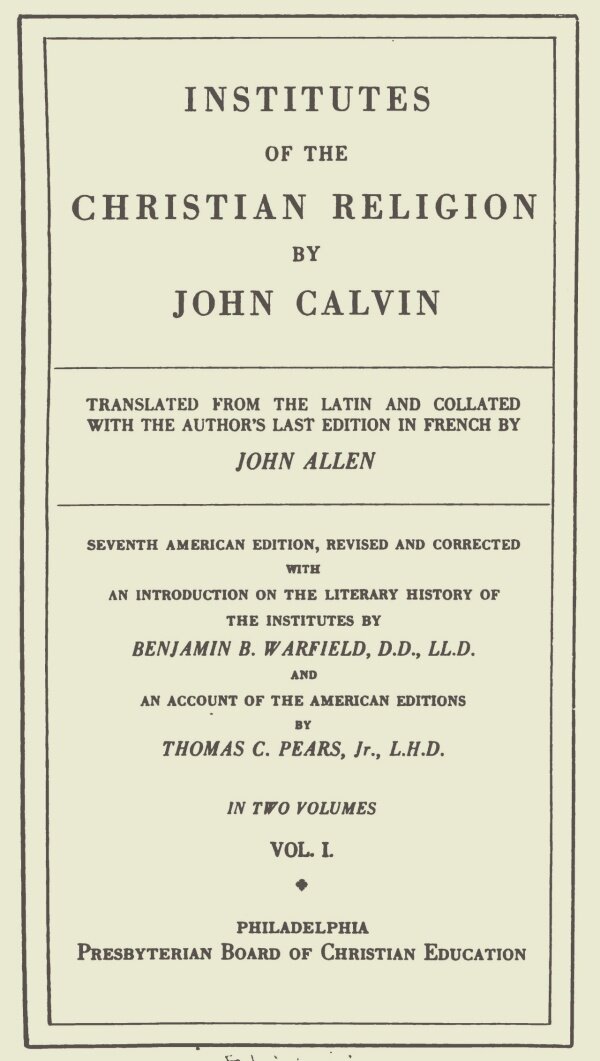(Receive our blog posts in your email by clicking here. If the author links in this post are broken, please visit our Free PDF Library and click on the author’s page directly.)
It is well known that J.G. Machen delivered radio addresses, utilizing a medium that was new at the time, to advance the gospel. In recent years, much of this material has been reproduced as audiobooks or in print/digital format: The Person of Jesus: Radio Addresses on the Deity of the Savior (2017); Who Is Jesus?: Radio Addresses on the Deity of the Savior (2017); What Is Predestination?: Radio Addresses on the Election of God's People (2017); Is the Bible Inspired?: Radio Addresses on the Origin of Scripture (2017); and Things Unseen: A Systematic Introduction to the Christian Faith and Reformed Theology (2020).
There are others on Log College Press whose voices may be heard today. Below we have assembled a few links for those who enjoy hearing as well as reading voices from the past. Certainly, there are more, but the resources below will be of interest to some.
Donald Grey Barnhouse - A variety of sermons are available to listen to here;
Mary McLeod Bethune - Some audio recordings by (and even a video about) Mrs. Bethune are available here;
Hugh Thomson Kerr - A sermon delivered on June 20, 1948, at the Mt. Lebanon Methodist Church can be heard here;
Clarence E.N. Macartney - A sermon titled “Come Before Winter,” delivered on October 12, 1952, at First Presbyterian Church, Pittsburgh, Pennsylvania, can be heard here;
John Alexander Mackay - There are some audio recordings of this President of Princeton here;
John Murray - A variety of sermons are available to listen to here; with other recordings here;
Ernest Trice Thompson - Audio recordings by and about Dr. Thompson are available to be heard at Union Seminary in Richmond, Virginia;
Cornelius Van Til - Van Til on Christianity & Culture: Pro Rege can be heard here: Part 1 and Part 2; Sing Praise to God; other recordings can be heard here; and
Woodrow Wilson - His 1923 Armistice Day radio speech can be heard here.
As mentioned, more such audio resources are certainly available out there, and we hope to keep expanding on this material to let our readers and hearers know where to find them. It is one thing to read, and another to hear, voices from the past. Take a listen to these recordings, and enjoy!




